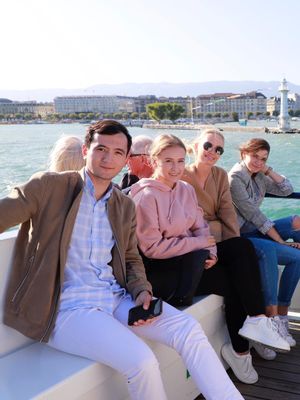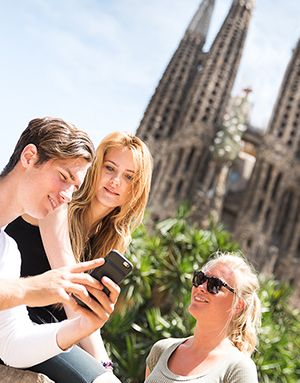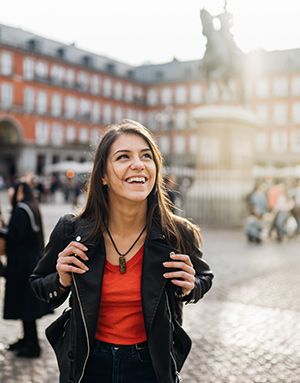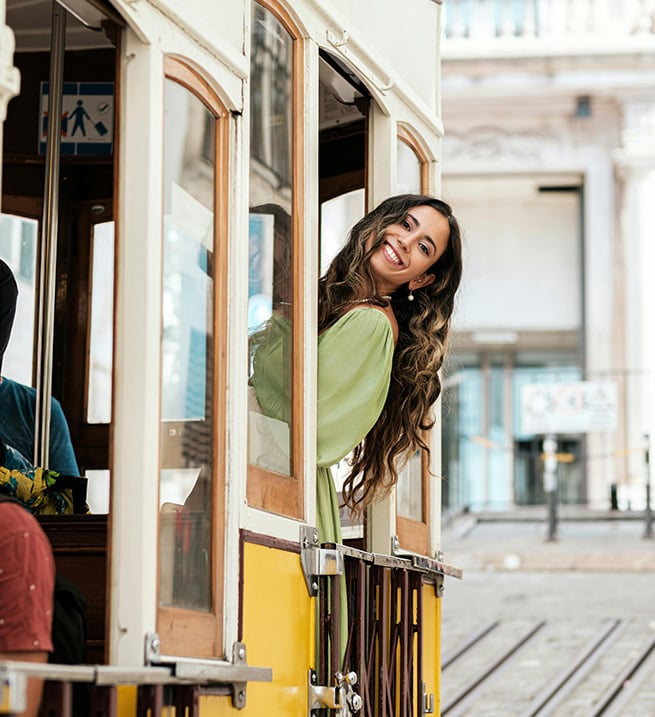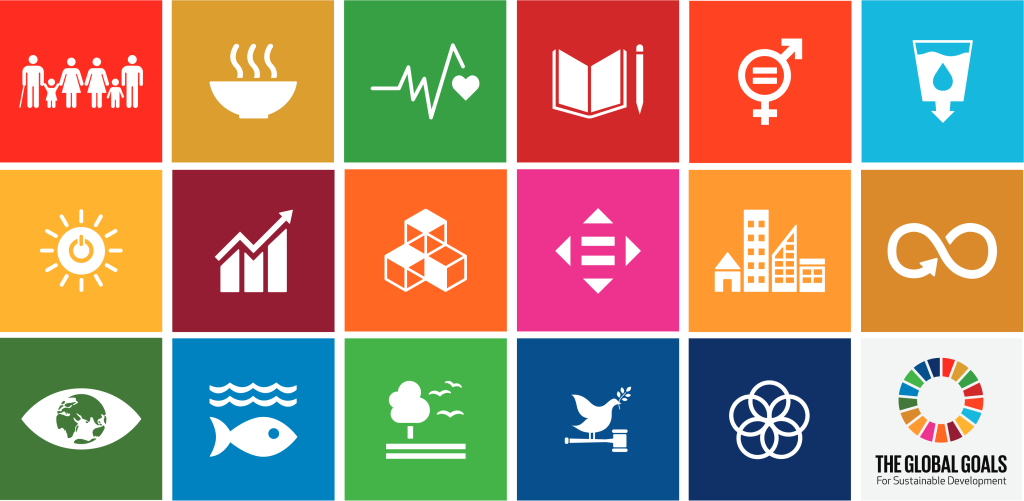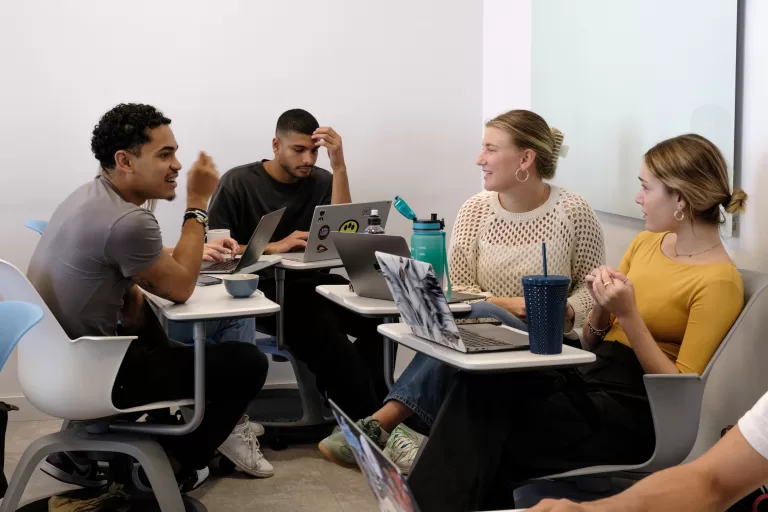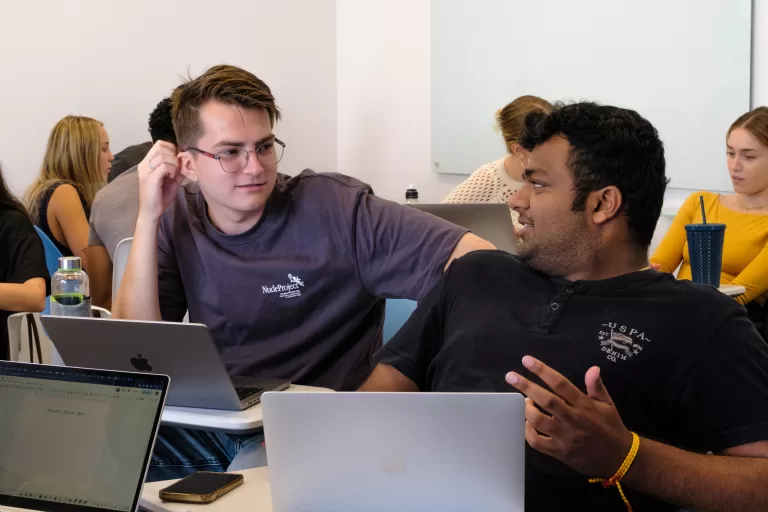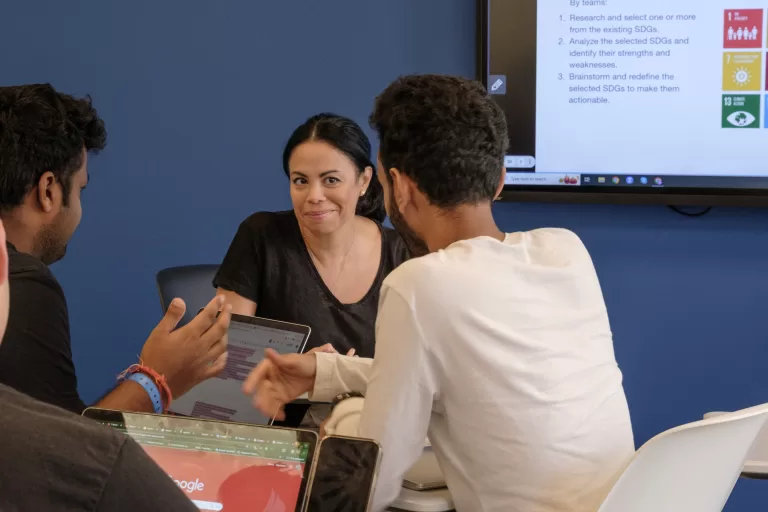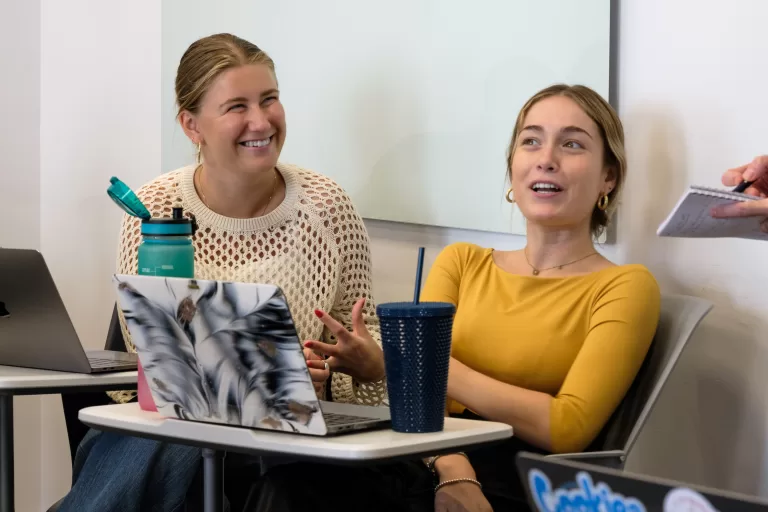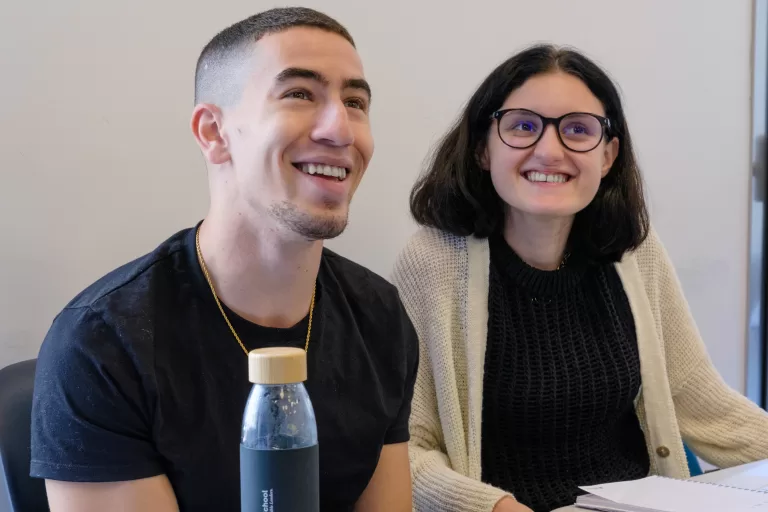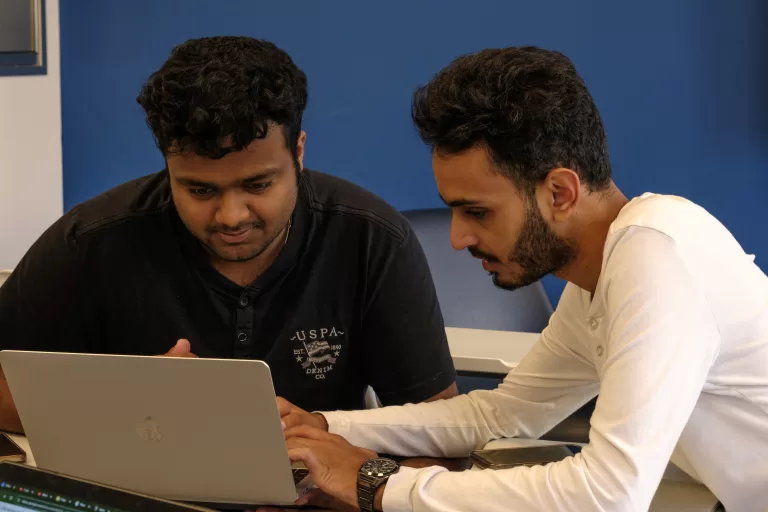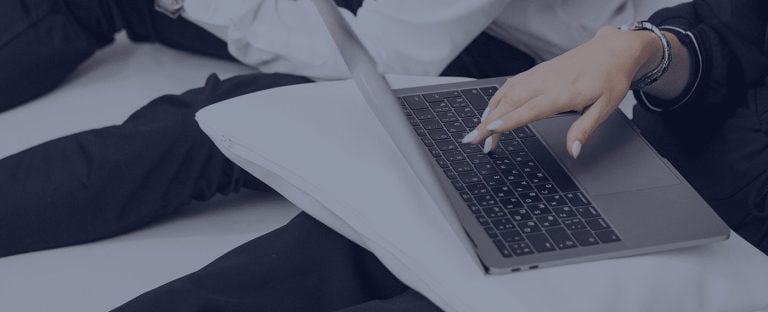Can we Really Change the World?
Students Take on the Challenge of Redefining the Sustainability Goals
Global Sustainability Goals
No Poverty. Zero Hunger. Gender Equality.
These are three of the seventeen Sustainable Development Goals (SDGs) set out by the UN. Noble goals that could be taken for granted, but have not been achieved for everyone.
Good Health and Wellbeing. Quality Education. Clean Water and Sanitation.
These are three more of the SDGs. Goals that should be attainable for humanity, but in reality do not exist for many people around the world.
Globally, how can these Sustainable Development Goals be achieved? Is it up to governments? Or companies? Or is it something we can take personal responsibility for?
These were the questions that our faculty member Martina Guzmán posed to her students on the Bachelor of International Management course at Geneva Business School.
Real Sustainable Development
Martina teaches Strategic Communication for Sustainable Development. And in her first class with the Bachelor students, she introduced the key concepts:
- What does sustainability mean?
- How can strategic communication serve as a catalyst for sustainability-focused companies, governments or brands?
Martina also invited the students to question everything that was said, to stay curious and to challenge the theory. And so they did. As Martina presented an overview of the 17 Sustainable Development Goals, two big questions arose:
- Do you really believe we can change the world?
- Do you think governments are really committed to saving the planet?
With 27 inspiring and bright young minds representing over 15 different countries, the students questioned the real commitment of governments and world leaders in the race to meet any of the 17 Sustainable Development Goals.
Based on real case studies, the students raised issues of supply chains, fast fashion, and child labour, discussed concepts such as greenwashing and also provided some good examples as well as good practices carried out in companies.
Martina invited the class to take personal responsibility for their own future. As the next generation and future stakeholders, could they redefine the Sustainable Goals with an action plan aimed at their generation, not governments?
The challenge was on the table.
The Sustainability Challenge
The challenge was accepted and this semester the students have embarked on a journey of developing a viable and actionable plan that will enable everyone to contribute, independent of governments, to foster a more sustainable future for all.
The students were asked to make a personal commitment to sustainability, integrating a sustainable mindset into their lives beyond the classroom. With all 27 students accepting the challenge so enthusiastically, Martina expressed her excitement:
They are critically evaluating everything with their unique and valuable perspectives, taking nothing for granted and investing time in analysis. I can’t wait to see what they come up with.
As the semester progresses, we will follow up closely to see what action plans the students have put in place. Can we change the world? Stay tuned and let’s find it out!
